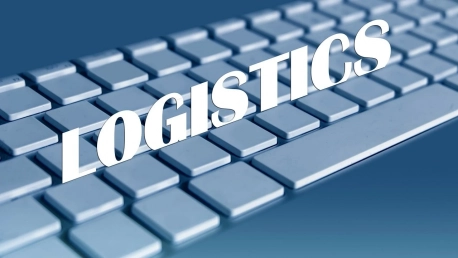Manufacturing industries are tasked with the significant challenge of synchronizing with changing market trends while maintaining efficient and effective supply chains. This task becomes all the more complex with the intricate processes involved. To finesse these complex operations, manufacturing companies can greatly benefit from a robust technological solution – the Logistics Management System (LMS).
Analyzing Your Current Logistics Operations
Before introducing a Logistics Management System into your manufacturing process, it is crucial to first understand your current logistics infrastructure. A detailed analysis of your supply chain will highlight inefficiencies and areas needing improvement. This understanding will enable you to select an LMS that addresses these specific inefficiencies and integrates seamlessly with your existing operations, improving overall productivity and efficiency.
Selecting an Appropriate Logistics Management System
Selecting an appropriate Logistics Management System is a crucial step for your manufacturing operation. The ideal system should be scalable to your growing business, integrate with your existing tech stack, and be customizable to meet your specific requirements. An intuitive user interface is also central to ensure that your logistics and administrative personnel can navigate the system with ease. An LMS with comprehensive reporting capabilities empowers you to make informed decisions and identify logistical inefficiencies. Lastly, ensure that the system offers ongoing support, training, and updates to match the ever-evolving technological landscape.
Implementation of Your Chosen Logistics Management System
Successfully implementing your LMS is a transformative step for your organization. At this phase, it involves configuring the LMS to align with your organization’s needs, ensuring compatibility with your current software, and training your workforce to proficiently use the new system. Gaining the support from all stakeholders is key to a smooth transition and will speed up the users’ adaptation to the new system.
Enhancing Your Manufacturing Logistics
Once the LMS is integrated, your focus should turn to leveraging the system to enhance your manufacturing logistics. The aim is to optimize your operations for greater efficiency. Utilize your LMS to refine the production workflow, reduce excess inventory, and adopt just-in-time production principles, minimizing waste and reducing costs. Analytics provided by the LMS will give insights that will allow you to identify and act upon improvement areas.
Ongoing Optimization and Integration
Logistics management is an ongoing process that continually reflects the dynamics of your business environment. Periodic reviews and updates of the LMS ensure it remains in line with your manufacturing needs. Ongoing optimization and embracing technological advancements will fine-tune your logistics operations to stay ahead of the curve.Using an LMS in the manufacturing industry is more than just streamlining current processes; it’s about building a future-proof backbone for your supply chain. Through smart integration, continuous improvement, and leveraging data-driven decisions, an LMS becomes an indispensable asset in a modern manufacturer’s toolkit.









